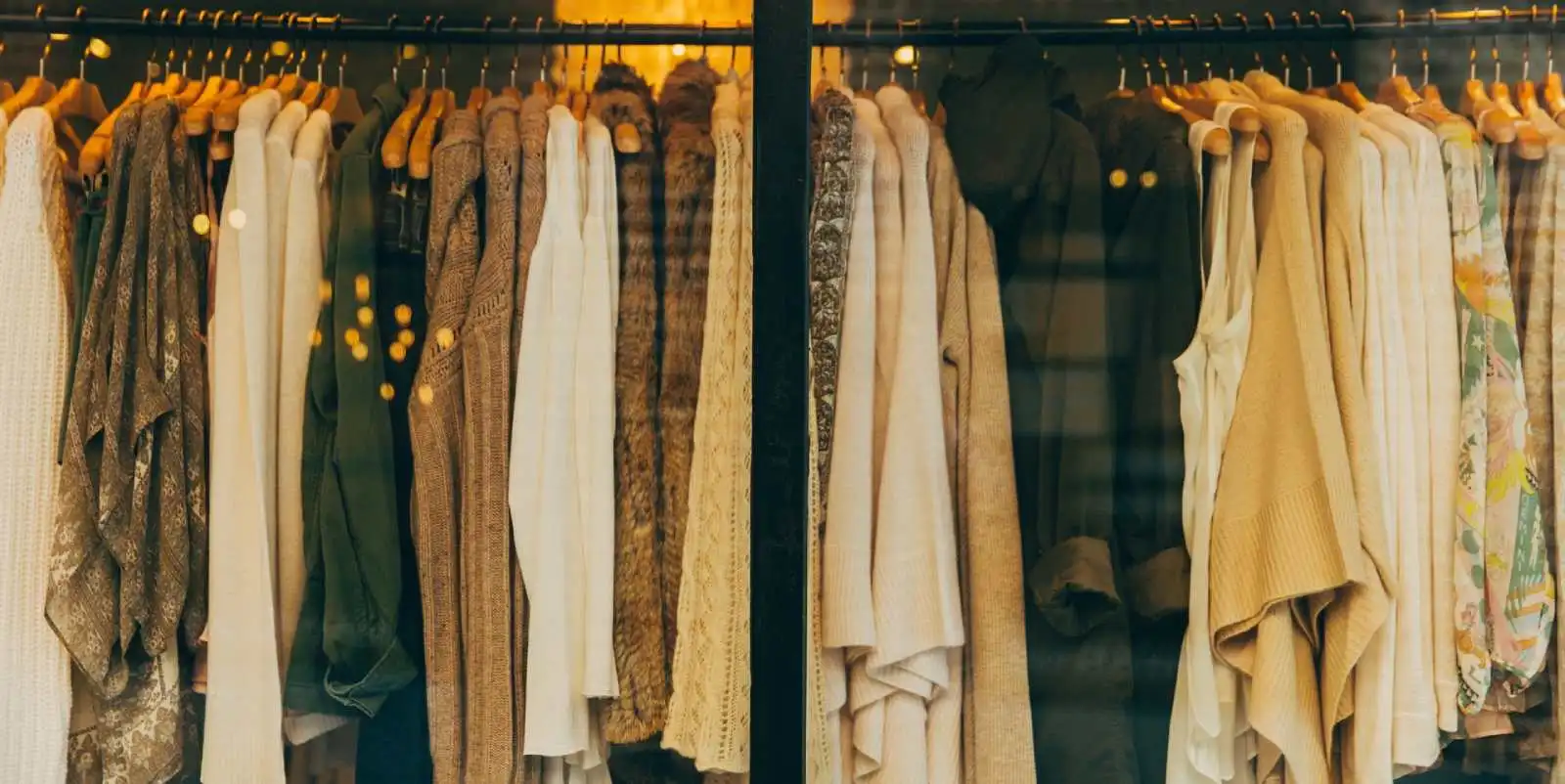Ethical clothing refers to garments that are produced and distributed in a manner that respects both people and the planet. In today’s globalized world, where fashion trends change rapidly and consumer demand for inexpensive clothing is high, the concept of ethical clothing has gained significant attention. It encompasses various principles, including fair trade practices, sustainable production methods, and social responsibility.
Understanding Ethical Clothing
Ethical clothing goes beyond just the materials used or the final product; it encompasses the entire supply chain, from sourcing raw materials to manufacturing and distribution. It prioritizes transparency, fairness, and sustainability at every stage of production. This means ensuring fair wages and safe working conditions for garment workers, minimizing environmental impact, and supporting local communities.
Importance of Ethical Clothing in Today’s Society
In recent years, there has been a growing awareness of the environmental and social impacts of the fashion industry. The rise of fast fashion, characterized by rapid production cycles and low-cost clothing, has led to environmental degradation, exploitation of workers, and the perpetuation of unethical labor practices. Ethical clothing offers an alternative approach that promotes conscious consumption and responsible production.
The Impact of Ethical Clothing
Ethical clothing has far-reaching implications, affecting both the environment and society. By prioritizing sustainability and social responsibility, ethical clothing seeks to minimize harm and promote positive change.
Environmental Impact
One of the key aspects of ethical clothing is its focus on reducing environmental harm. Traditional clothing production often involves the use of harmful chemicals, excessive water consumption, and the generation of large amounts of waste. Ethical clothing brands strive to minimize their environmental footprint by using eco-friendly materials, implementing sustainable production practices, and reducing waste throughout the supply chain.
Social Impact
Ethical clothing also addresses the social injustices prevalent in the fashion industry. Garment workers, particularly in developing countries, are often subjected to low wages, long hours, and unsafe working conditions. Ethical clothing brands prioritize fair labor practices, ensuring that workers receive fair wages, have safe working conditions, and are treated with dignity and respect.
Key Principles of Ethical Clothing
Ethical clothing is guided by several core principles that govern its production and distribution. These principles emphasize fairness, sustainability, and transparency in all aspects of the fashion supply chain.
Fair Trade Practices
Fair trade practices are central to ethical clothing, ensuring that workers receive fair wages and are treated ethically throughout the production process. This includes paying living wages, providing safe working conditions, and prohibiting child labor and discrimination.
Sustainable Production Methods
Sustainability is another key principle of ethical clothing. This involves using eco-friendly materials, such as organic cotton or recycled polyester, and implementing sustainable production practices to minimize environmental impact. Ethical clothing brands prioritize renewable energy, water conservation, and waste reduction to minimize their ecological footprint.
Ethical Clothing Brands and Initiatives
Numerous brands and initiatives are leading the way in the ethical clothing movement, demonstrating that sustainable and socially responsible fashion is not only possible but also desirable.
Examples of Ethical Clothing Brands
Several brands have emerged as leaders in the ethical clothing space, setting high standards for transparency, sustainability, and social responsibility. Companies like Patagonia and Everlane have gained recognition for their commitment to ethical practices, offering transparency into their supply chains and prioritizing environmental and social initiatives.
Collaborative Efforts in the Fashion Industry
In addition to individual brands, there are also collaborative efforts within the fashion industry to promote ethical clothing. Organizations like Fashion Revolution and the Sustainable Apparel Coalition bring together brands, manufacturers, and consumers to drive positive change. These initiatives advocate for transparency, accountability, and systemic reform within the fashion industry.
How Consumers Can Support Ethical Clothing
Consumers play a crucial role in driving demand for ethical clothing and holding brands accountable for their practices. By making informed purchasing decisions and advocating for change, consumers can support the growth of the ethical fashion movement.
Educating Themselves on Ethical Fashion
One way consumers can support ethical clothing is by educating themselves about the issues facing the fashion industry and the impact of their purchasing decisions. This includes learning about sustainable materials, fair trade practices, and the environmental and social consequences of fast fashion.
Making Informed Purchasing Decisions
Consumers can also support ethical clothing by choosing to buy from brands that prioritize sustainability and social responsibility. This involves researching brands’ ethical practices, reading labels and certifications, and supporting transparent and accountable companies.
Advocating for Change
Beyond individual purchasing decisions, consumers can also advocate for systemic change within the fashion industry. This includes supporting legislative efforts to improve labor standards, demanding transparency from brands, and participating in campaigns and initiatives that promote ethical fashion.
Challenges and Future Outlook
While the ethical clothing movement has made significant strides in recent years, it still faces challenges and obstacles on the path to widespread adoption. However, there is also reason for optimism, as awareness grows and consumers increasingly demand transparency and accountability from the fashion industry.
Challenges Facing the Ethical Clothing Movement
One of the main challenges facing the ethical clothing movement is the dominance of fast fashion and the entrenched systems of exploitation and inequality within the fashion industry. Additionally, there are logistical challenges associated with sourcing sustainable materials, ensuring supply chain transparency, and scaling ethical production methods.
Potential Solutions and Innovations
Despite these challenges, there are also opportunities for innovation and progress within the ethical clothing movement. Advances in technology, such as blockchain and supply chain tracking, hold promise for improving transparency and accountability. Moreover, increasing consumer awareness and demand for ethical fashion are driving brands to adopt more sustainable and socially responsible practices.
The Growing Importance of Ethical Fashion in the Future
Looking ahead, ethical fashion is poised to become increasingly important in the fashion industry. As consumers become more conscious of the environmental and social impacts of their purchasing decisions, demand for ethical clothing is likely to continue growing. This presents an opportunity for brands to differentiate themselves by prioritizing sustainability, transparency, and social responsibility.
Conclusion:
Ethical clothing represents a fundamental shift in the fashion industry towards sustainability, transparency, and social responsibility. By prioritizing fair trade practices, sustainable production methods, and consumer education, ethical clothing brands and initiatives are working to create a more equitable and environmentally friendly fashion industry. As consumers become more aware of the impact of their purchasing decisions, the demand for ethical clothing is expected to grow, driving positive change and shaping the future of fashion.











